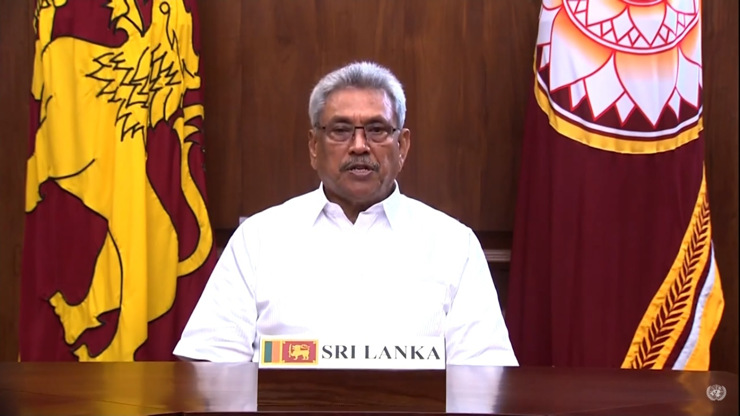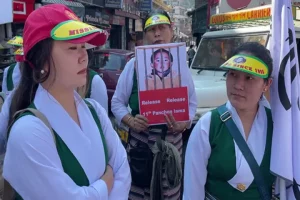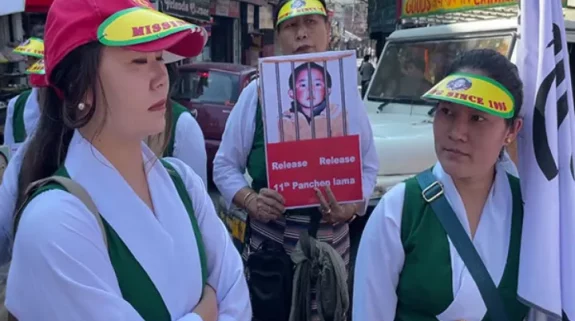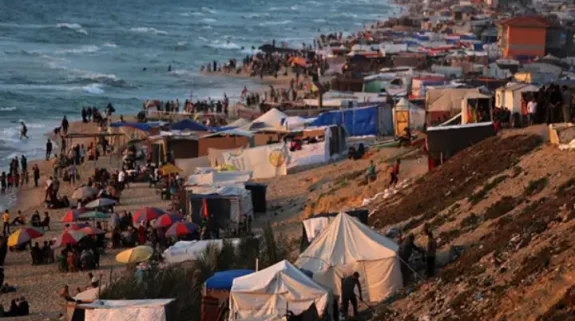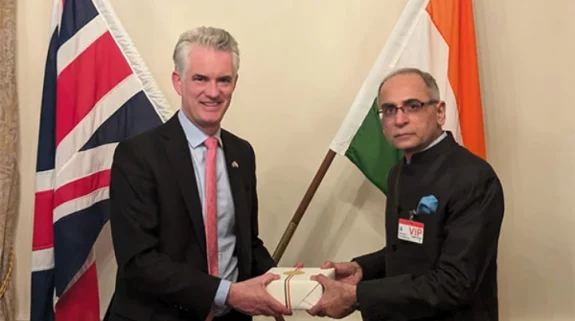The Sri Lankan Supreme Court has said that the plan to set up the Colombo Port City Economic Commission in the Chinese-built Colombo Port City violates the constitution. The island nation's top court said that some of the provisions of the Chinese Port City Bill require approval by the public besides being ratified by the parliament.
The controversial legislation being pushed by the government has met with fierce opposition from political parties, faith-based groups, NGOs and the broad civil society. The opposition is to the China-backed $1.4 billion Port City in Colombo for which the government wants to set up a Special Economic Zone (SEZ) within the Colombo Port City.
Nearly 18 petitions had been filed before the Supreme Court by NGOs, labour unions, Buddhist groups and opposition parties.
The Supreme Court has provided for three solutions to resolve the problems surrounding the bill—amend some of the provisions, get the bill cleared by a two-thirds majority of the parliament and also get it cleared through a public referendum.
Read More: Sri Lankans file over a dozen cases against China-backed Colombo Port City
Speaker Mahinda Yapa Abeywardena read out the court's ruling in the Parliament. The court observed that the bill could undermine the law-making powers of the Parliament and said that the bill needs to be passed with two-thirds majority and through a national referendum.
The court said that some of the provisions, the proposed fines and prison terms for those found breaching the rules, will require a two-thirds approval in the Parliament. It added that the inconsistencies in the bill can be overcome if the government amends these provisions.
Opponents of the bill have voiced concern that the powers given to the Port City Commission are such that it will impinge on the territorial integrity and sovereignty of the country. They say that through the Colombo Port City project, which is part of China's sweeping Belt and Road Initiative (BRI), the country will become a Chinese colony.
Some of the main opponents include the United National Party (UNP), the Janatha Vimukthi Peramuna (JVP), the Inter Company Employees Union, the Center for Policy Alternatives, the Bar Association of Sri Lanka and even the IT Professionals Association.
The Colombo Port City is being built by the China Harbor Engineering Company (CHEC), which had earlier built the Hambantota Port in south Sri Lanka. Owing to large loans, Sri Lanka handed over the Hambantota port to China on a 99-year lease. China’s massive loans to Sri Lanka have only increased the island’s debt repayment burden, sparking global fears about China's debt-trap diplomacy.






